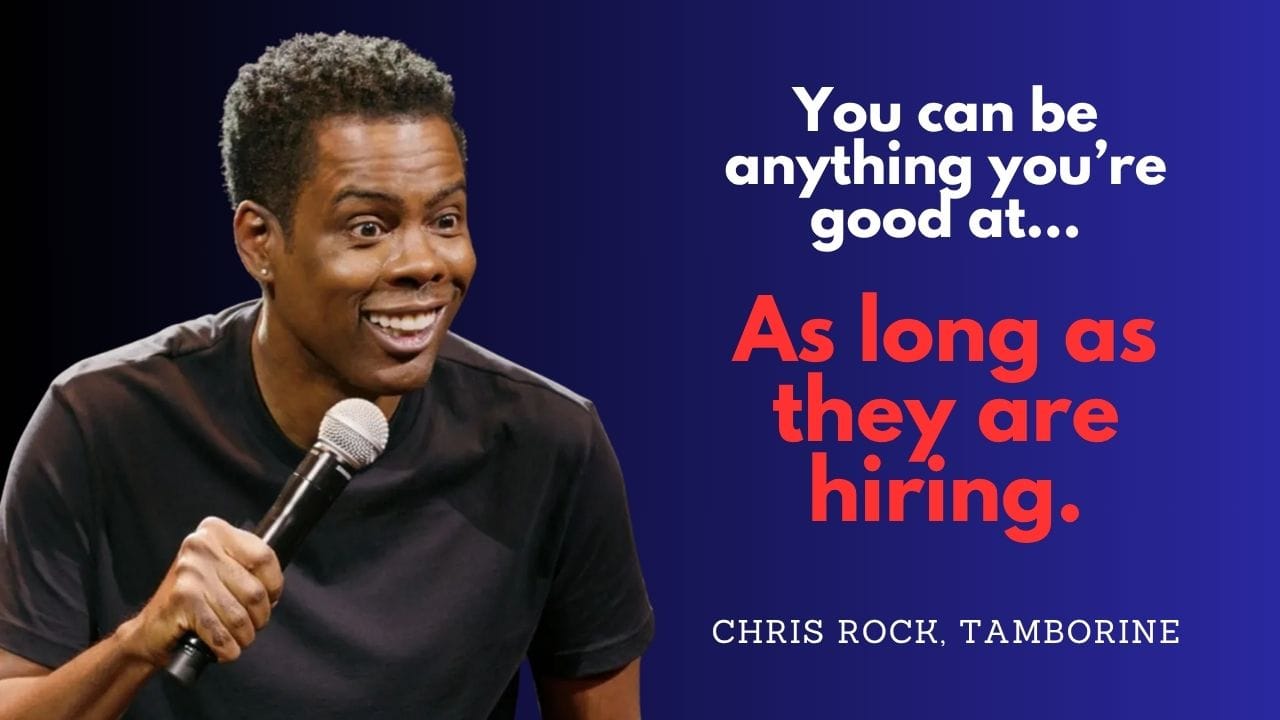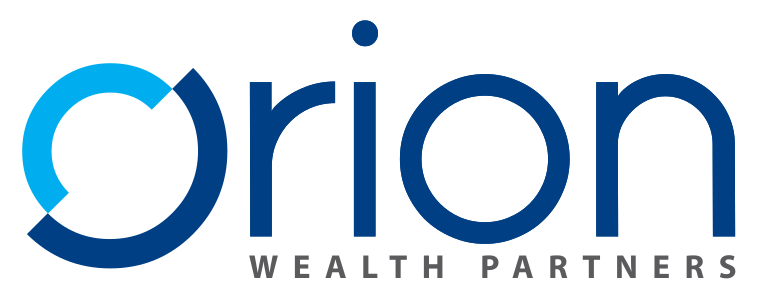Singapore Leads the World in ChatGPT Use. Is Your Job at Risk? Here's How PMETs Can Pivot.
Meet a copywriter we'll call "Sarah." For years, her value at a digital marketing agency was her ability to craft clever, persuasive ad copies. Then, her company subscribed to ChatGPT.
At first, AI was her tool. Her role shifted from writing to editing, and her output soared. But the agency soon realized they didn't need five writers when two "editors" could manage and oversee AI's work. Now, Sarah finds herself in a strange race - helping to build the very process that will make her team obsolete, while fighting to prove she deserves to be one of the two who get to stay.
Sarah's story isn't a forecast. It's a reality check for PMETs across Singapore, now the world leader in paid ChatGPT use. The very tools making our work easier are also silently redrawing the boundaries of job security.
This raises a critical question every professional must now ask: What exactly made Sarah’s role so vulnerable, and how can I identify the same fault lines in my own career before my ground starts to shake?
Which Singaporean Jobs Will AI Replace? A Look at PMET Vulnerability
The vulnerability of a PMET role is not about your smarts or skills; it is about whether your primary function is to repackage the past.
This is the "knowledge work" Simon Sinek warns about. For decades, companies paid a premium for the human effort required to turn raw data (what was collect, what was said, what happened) into a report or a brief into ad copy - the exact work Sarah did. OpenAI's former Chief Research Officer, Bob McGrew, calls this "embodied labor".
That premium has now vanished. AI performs this synthesis instantly, making the human effort, and the roles built almost entirely around it, obsolete. This reveals the first, most critical litmus test for your job's safety. Ask yourself this:
What percentage of my week is spent looking backward - analyzing existing information, repackaging meetings, or reporting on historical data?
If that number is high, you are operating directly in AI's new sweet spot, a role AI is learning to perform for at 20X cheaper than you.

Assess Your Career Risk: 3 Signs Your Job is Vulnerable to AI
That litmus test about looking backward is just the beginning. The vulnerability of a role goes deeper. If you are serious about assessing your career risk, look for these three clear signs in your daily work. They are red flags indicating that your job is built on ground that AI is rapidly claiming.
Sign 1: Your Work Operates in a Predictable, Rules-Based System
The lowest-hanging fruit for AI is any job that follows a clear set of rules. AI's core strength is its ability to learn a predictable system and execute its patterns flawlessly, at a scale no human can match. Many PMET roles, especially in areas like accounting, compliance, and standard project management, appear complex but are fundamentally rules-based systems.
Try this direct challenge: Map out your most important weekly task as a flowchart. How many of the steps are pre-defined, following a clear 'if-this-then-that' logic? If your job fits neatly into that flowchart, you are not navigating chaos, you are managing a process. You are the human version of a script, and scripts are rapidly being rewritten in code.
Sign 2: Your Role Manages Systems, Not Human Relationships
This is a critical distinction. AI excels at interfacing with software, databases, and processes. But a human is essential for navigating the messy human challenges. This is the difference between a backend role that manages data and a people-facing role that manages relationships with clients and stakeholders.
Look at your calendar for the past month and ask yourself a blunt question: How many of your key meetings were about reporting on data versus persuading a person? If your success depends on empathy, persuasion, and the unteachable art of reading a room, you are managing relationships, and that is a deeply human, defensible skill.
Sign 3: Your Role Lacks Final Judgment and Accountability
Simon Sinek offers a powerful analogy of the "writer vs editor". The writer executes the task of creating the first draft of the report. The editor provides the final judgment and, crucially, they are accountable for the outcome. If the report leads to a bad decision, the blame doesn't fall on the writer. It falls on the editor who gave it the final approval!
This brings us to an evidence-based test. Ask yourself this, and be ruthlessly honest: In the last six months, how many times did you make a final, binding decision on a project where you alone would be held accountable for its failure? Not just contributing to a group decision, but a moment where the buck truly stopped with you.
If you cannot recall at least one clear instance, it is strong evidence that you are valued for your contribution, not for your judgment. AI can contribute, but it cannot be held accountable. True, defensible roles are defined not just by the judgment they require, but by the weight of the responsibility they carry.
My Search for a Resilient Career Path in the AI Age
My own journey with this question began in 2017, after reading the first World Economic Forum report on the "Future of Jobs". It was clear then that a massive transformation was coming. Since that first report, I have followed every new edition while simultaneously experimenting firsthand with the power of AI, using these new tools both professionally and personally.
This long-term observation has led me to a clear conclusion - the safest careers are not those that resist AI, but those built on skills that AI cannot touch. I was struck when I saw this same conclusion echoed by others. From a Technologist Bob McGrew to Nobel Laureate Economist Daron Acemoglu, leading thinkers are pointing to the role of a financial adviser not as one being replaced, but as one being augmented and made even more relevant by technology.
Why? Because the core of a modern adviser's work is a masterclass in building the very skills the future economy will prize most highly. The analytical "grunt work" can be handed over to the AI, freeing up the adviser to focus on what truly matters:
- Social Intelligence: Reading the room, understanding a client's unstated fears about their family's future, and showing genuine empathy. An AI can process data, but it cannot build human trust.
- Influence and Persuasion: Guiding a client through a volatile market requires more than just a good chart. It requires influencing behaviour, managing panic, and coaching them to stick to a long-term strategy for their own good.
- Ultimate Accountability: When you advise a family on their life savings, the responsibility is immense. You are accountable for the outcome in a way an algorithm never can be.
This is why I continue to believe the financial adviser path is one of the most resilient career. It is not just a job. It is a real-world training ground for the essential human skills that will define value in the age of AI.

Rethinking Your Career in Singapore’s AI Economy
The story of "Sarah" reveals a hard truth that many professionals are avoiding. The comfortable thought is, "My job will just evolve, and I will still be employed." But the reality we are seeing in recent layoffs is different. When a job is transformed by AI, the result is often greater efficiency, which means companies need a smaller headcount to do the same work. The risk is not just change, it is redundancy.
AI is immediate come for jobs performing cognitive tasks in predictable environments, requiring little social interaction, and lacking final strategic judgment with high accountability. If your role shares these characteristics, the time for passive observation is over.
For the Mid-Career PMET: It's Time to Rethink, Not Just Reskill
The standard advice is to "upskill" or "reskill". This is not enough. Learning a new software or a new process within the same vulnerable field is like rearranging the furniture on a sinking ship. The real challenge is to fundamentally rethink your career path. You must be open to ALL opportunities, especially those that put you into forward-facing, people-centric roles. Look for paths where your success is measured not by the reports you generate, but by the relationships you build and the influence you have.
For the Insurance Agent or Personal Banker: Build on Trust, Not Transactions
If you are already in the financial industry, you have a head start, but you are not immune. A role based on transactional sales or predictable process management is still at risk. Move to a client-centric advisory business based on trust. This means shifting your focus from executing transactions to providing holistic, human-centric advice where you are accountable for the outcome and your clients can trust you and your platform to serve them comprehensively.
For the Blue-Collar Professional: Differentiate with the Human Touch
While your core job is safer from direct AI replacement, AI is raising customer expectations across the board. The key to thriving is to double down on the human aspects of your role. Be the nurse who cares for the patient and family members with empathy, the technician who provides exceptional customer service. Your technical skill gets you in the door, your human skill will build your reputation and your career.
For the Fresh Graduate: You have the Greatest Advantage
Your greatest advantage is that you are a blank slate. You have no outdated habits to unlearn and can build a resilient career from day one if you choose wisely.
Your primary goal should not be to find the most prestigious entry-level job doing backend analysis. It is to find a role that immediately throws you into the deep end of human interaction. Seek out careers that bypass the "junior analyst" phase entirely and force you to build the irreplaceable skills of trust, influence, and accountability from the start. Choose a foundation built on human connection, because that is the only one AI cannot shake
Your Career in the AI Era: What's Your Next Step?
The future belongs to work that is forward-looking, relationship-driven, and built on the uniquely human skills of strategic judgment and accountability. This is not a cause for fear, but a call for a clear-eyed, strategic decision.
This raises a critical question for every PMET in Singapore: what is your next move? If this insight has helped you frame that question, chances are it will help a friend, colleague, or family member who is navigating the same uncertainty. Please consider sharing this article.
Finally, the path of a Financial Adviser is demanding, and it is not for everyone. It requires immense drive, a deep sense of empathy, and the willingness to be held accountable for the outcomes you help create.
However, for any professional who is seriously rethinking their career, it would be a mistake to dismiss this path without understanding it's potential. If you are ready to explore a future built on your skills and relationships, let's have chat. We can help you understand the opportunities and see if this path is the right next step for you.

